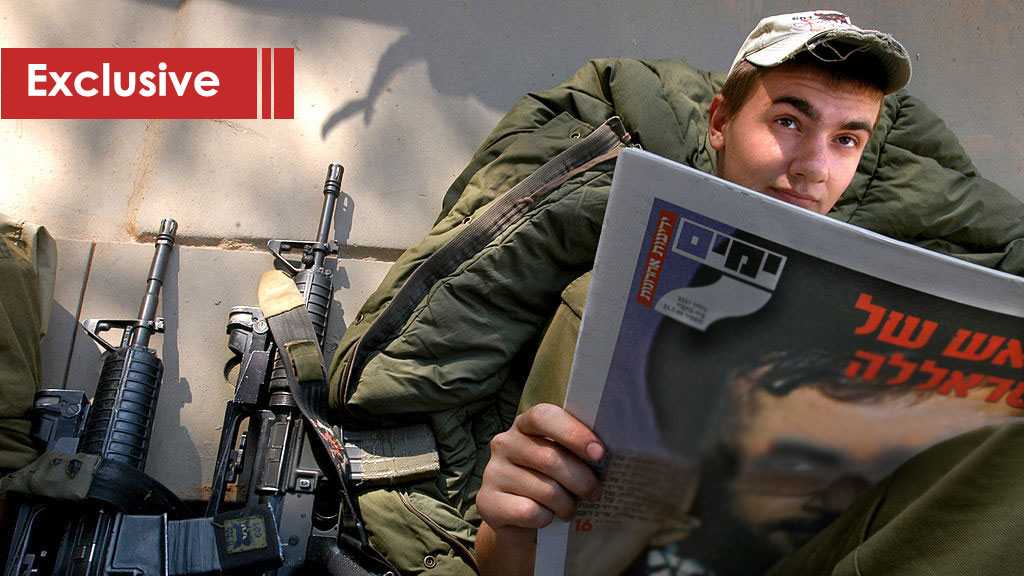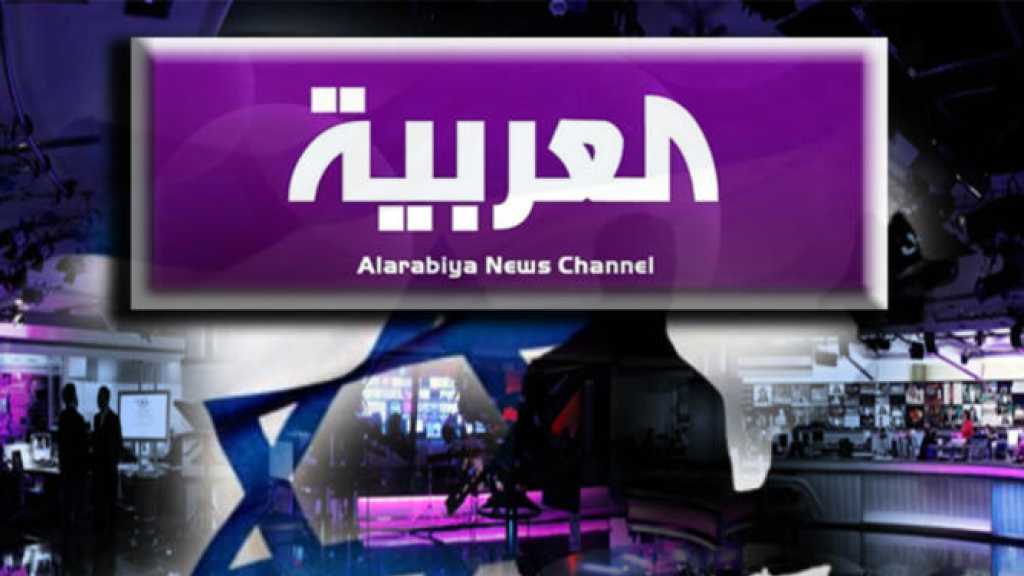
When Sayyed Nasrallah Deeply Impacts The “Israeli” Consciousness

Yasser Rahal
“The warrior should be wakeful because if he sleeps the enemy does not sleep.” This is advice from Imam Ali (PBUH) gave. Hezbollah’s secretary general memorized it well. He uses it to advise others and repeats it during every Zionist threat to Lebanon.
The “Israeli” media knows exactly what these words mean. It knows that Sayyed is a meticulous follower of the Zionist entity’s news. From time to time, it acknowledges Sayyed’s superiority in terms of the media and psychological warfare that stems from facts rather than illusions. On more than one occasion, the Israeli media recognized the accuracy and quality of the follow-up and translation of the resistance’s media of everything that is published in the usurping entity in an attempt to expose it to the public.
A week ago, Amos Harel wrote in Haaretz, in a piece titled Nasrallah's Propaganda that "in a speech at the end of last week (the liberation of the Jroud speech), Nasrallah quoted Brick’s criticism of the “Israeli" army’s performance. He also mentioned Yaniv Kuovich's ’s article which he published here regarding a 40 percent increase in the percentage of soldiers visiting psychiatric clinics in the army."
Harel refers back to Sayyed Nasrallah’s famous “Spider Web” speech on the entity and its media when he delivered it in Bent Jbeil in 2000. It still resonates until today.
“Nasrallah’s firm hypothesis is based on the most famous speech, the ‘Spider Web’ speech in Bint Jbeil immediately after the end of the “Israeli” army’s withdrawal from southern Lebanon in May 2000: the “Israeli” society is weak and pressured. If the Arabs knew how to act against “Israel” with determination and strength, they would be able to demand more concessions."
We continue with the enemy's media and "Sayyed’s" impact on it. Channel 10 remarked that "Nasrallah is a brilliant and very clever speaker who did not make a lot of mistakes in analyzing the weaknesses of the “Israeli” society."
In an interview with the Arab affairs correspondent, Zvi Yehezkeli, the presenter said (while analyzing the second liberation anniversary speech):
"If Nasrallah were not on the side of the ‘bad guys’, we would have said that he was a brilliant speaker and a very intelligent man. In a speech he delivered yesterday, he analyzed the weaknesses of the “Israeli” army and did not made a mistake."
Yehezkeli replied, "I agree that Nasrallah is a brilliant speaker in the Arab world. But regarding the content, I see it a bit differently. Nasrallah's speech reminds us of the speech of the ‘Spider Web’."
Take note of the choice of the Bint Jbeil speech. Some compared him to Gamal Abdel Nasser for his brilliance in speechmaking. He spoke about the weak society or what he called in 2006 prior to the war as the "Espresso Society". This description was still present in Yehezkeli’s mind after 12 years. He said that the “Espresso Society” will not go to war for the two captured soldiers. He also said this in a press conference on the day of their capture. The “Espresso Society” went to war. It did not go the way it was planned. It was an implicit recognition of defeat. Once again he says this while speaking about defeatism. I agree with him on this angle at least when he enumerates “Israel’s” failures by saying, "the invincible army may not be the only description for “Israel”." Then came the recognition that the army is not fit to represent the defeated entity.
"What impressed me is his very modern knowledge of the “Israeli” press. There is someone who reads things to him very carefully, analyzes them very intelligently and never makes mistakes when he points out the weaknesses in “Israeli” society," the presenter added.
Yehezkeli: There are those who say that the “Israeli” office in Hezbollah is Nasrallah himself. He does not allow others to read it. He sits and reads. In an interview he spoke about how long it takes him to read the “Israeli” press and the “Israeli” society. He is a person whose goal is to analyze things in society that have not been analyzed before. He also has intelligence capabilities. However, he still reads the press, quoting newspapers such as Haaretz, Yedioth Ahronoth as well as opinion polls, analyses, analysts and experts. But he does not know Hebrew.
This was recognition of Sayyed familiarity with the nature of the Zionist society and its weaknesses. It also praised the monitoring and the Hebrew-to-Arabic translation team. This is not the first time that the enemy's media deals with the quality, experience and accuracy of the abilities of the resistance’s media to keep track of the Zionist entity. A few years ago before the Zionist withdrawal and the humiliating defeat of the "invincible" army, a media specialist conducted a comparative study between the resistance’s media and the enemy’s one. In it they looked at details including the quality of the paper used by the resistance’s media and the nature of the technical production and covers designs. It concluded that the resistance’s media excelled past that of the enemy.
We continue with the presenter when he asks about the fear of death complex gripping the families of the occupation soldiers: "When he said in this speech that the “Israeli” elite wanted to send their children to the 8200 [cyber warfare] unit and less to the front. He recognized something ... (signs of admiration and astonishment on the face of the presenter)." Here, we pause at the surprise that occurred in the war on Syria, where the number of participants among the ranks of the resistance doubled. Reports were made by families who were insisting to send their children to the battlefronts. Here, we discover the reason behind the admiration and astonishment of the presenter. The resistance’s society does not fear death, especially when martyrdom is one of two choices, victory being the first. This was in contrary to the enemy’s society where the fear of death makes families want to send their son to work behind a desk.
Attempting to create a fabricated picture of the truth Yehezkeli concludes: "Certainly, I think what he said is part of psychological warfare that shows distress ahead of the next confrontation."
"But nevertheless, he certainly brought something painful to our stomachs." He ends the interview with a passage from Sayyed Nasrallah’s speech about the soldiers seeing psychiatrists.
The speech on the anniversary of the Second Liberation Day opened a deep wound. It was painful for the enemy. It reopened an old wound, which is the May 25, 2000 [“Israeli”] withdrawal from Lebanon.
Source: Al-Ahed News
Comments



